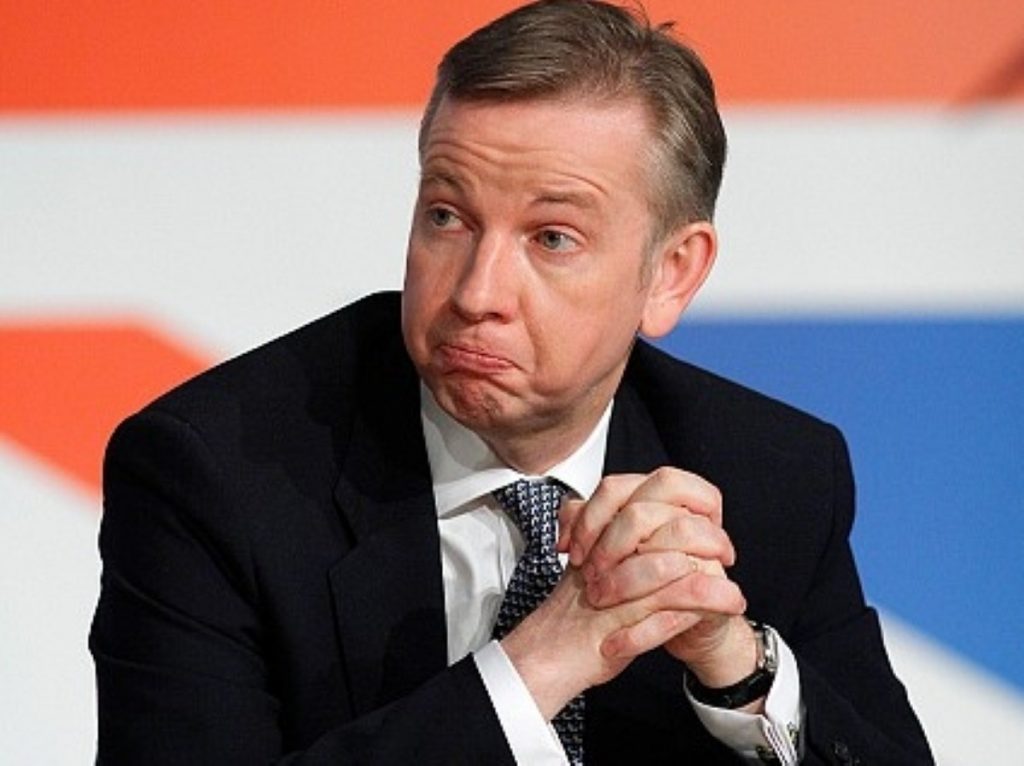Gove as PM? ‘I couldn’t do it’
Britain faces the rest of the 21st century without the prospect of Michael Gove as a future PM.
The education secretary surprised the political world by ruling himself out of the top job in a television interview this afternoon.
"I don't want to be prime minister," he declared on Sky News. "I absolutely think we've got in David Cameron a brilliant prime minister.
"Having seen close up how he does the job, I know that I couldn't do it."


Politicians are not usually accustomed to ruling themselves out of promotions on the grounds of competency issues.
But Gove made clear that he did not consider himself a suitable candidate when David Cameron eventually steps aside.
He even underlined his point by suggesting he was prepared to sign a parchment in his blood to back it up.
"All sorts of politicians get asked these questions – do you want to be prime minister and all the rest of it," he continued.
"There are so many different ways in which he can deny it. And everyone tries to look at those denials and say was he leaving open the door, or was she trying to suggest she might wriggle out of it at some point…
"I don't know what I can do in a way but if anyone wants me to sign a piece of parchment in my own blood saying I don't want to be prime minister, then I'm perfectly happy to do that."
The hyperbole-filled response may be a backhanded tribute to Boris Johnson, whose own protestations that he does not covet No 10 have been consistently over-the-top.
It is more likely to have been triggered by the intense pressure the education secretary faces over today's GCSE results, which have failed to improve for the first time since the qualifications were introduced 26 years ago.
"If it is the case that pupils from the same year group have been marked more harshly if they entered later, that would be patently unfair," shadow education secretary Stephen Twigg declared earlier.
Gove has allegedly forced grade boundaries upwards to avoid further 'grade inflation'. He insisted on BBC News earlier that exam boards were responsible for ensuring exams are comparable with previous years – and that he had not been involved in the decisions at all.
"The decision over grade boundaries is made by exam boards – not by politics or anybody else," he said.
"Exam boards in conversations with the regulator Ofqual will ensure these exams are fairly comparable with previous years… These decisions have been made because the exam boards and the regulator have sought to ensure this year and every year that these exam results are comparable every year."









